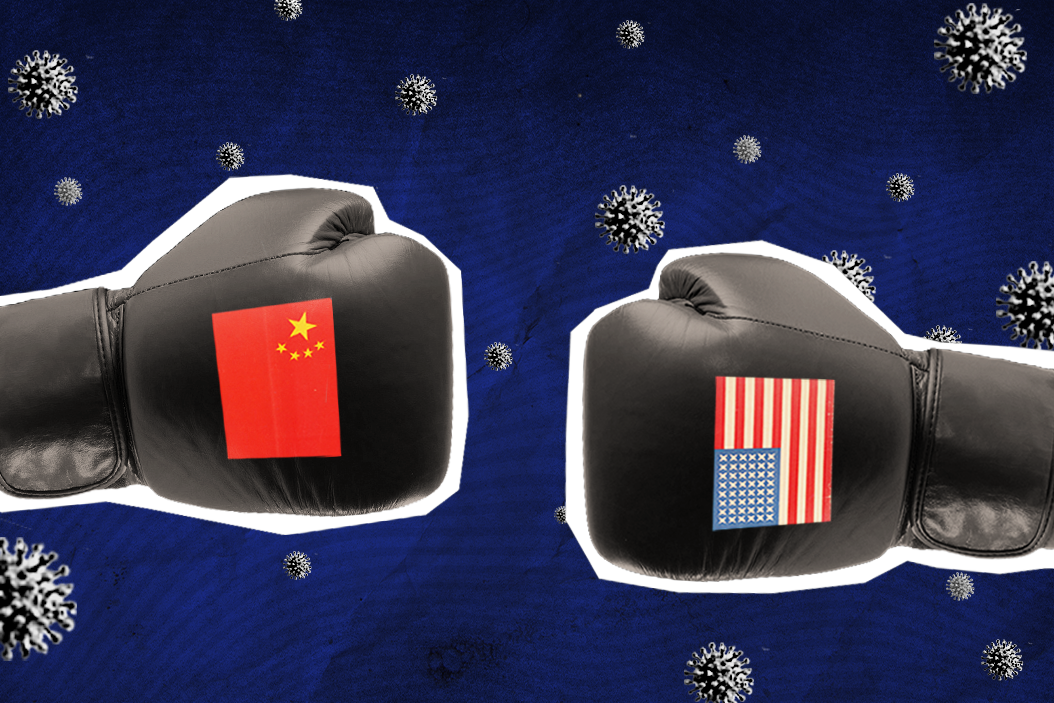Living Beyond Borders Articles
January 30, 2022
5.9: China’s GDP could grow on average 5.9 percent per year until 2025, according to the Center for Economics and Business Research, which predicts that China will overtake the US as the world’s largest economy by the end of the decade. The Chinese economy was worth $18 trillion in 2021, compared to America’s $23 trillion.
645 million: Amid an ongoing trade war between the world’s top two economies, the World Trade Organization ruled last week that Beijing can slap $645 million worth of tariffs on US goods. A decade ago, the US placed tariffs on some Chinese products, including steel pipes and solar panels, saying that Beijing was giving unfair subsidies to state-owned companies.
59: The US has been trying to discredit China’s growing influence in Africa, but it’s not working: 59 percent of Africans view China’s economic and political clout favorably. Almost exactly the same number — 58 percent — feel the same about the US.
90: More than 90 countries have signed up to use 5G networks made by the Chinese telecom giant Huawei. Meanwhile, only eight nations have so far agreed to join the US ban on Huawei. Why? Many analysts say it’s because China offers way superior 5G infrastructure.
More For You
- YouTube
In this Quick Take, Ian Bremmer addresses the killing of Alex Pretti at a protest in Minneapolis, calling it “a tipping point” in America’s increasingly volatile politics.
Most Popular
- YouTube
Who decides the boundaries for artificial intelligence, and how do governments ensure public trust? Speaking at the 2026 World Economic Forum in Davos, Arancha González Laya, Dean of the Paris School of International Affairs and former Foreign Minister of Spain, emphasized the importance of clear regulations to maintain trust in technology.
- YouTube
Will AI change the balance of power in the world? At the 2026 World Economic Forum in Davos, Ian Bremmer addresses how artificial intelligence could redefine global politics, human behavior, and societal stability.
Ian Bremmer sits down with Finland’s President Alexander Stubb and the IMF’s Kristalina Georgieva on the sidelines of the World Economic Forum to discuss President Trump’s Greenland threats, the state of the global economy, and the future of the transatlantic relationship.
© 2025 GZERO Media. All Rights Reserved | A Eurasia Group media company.
